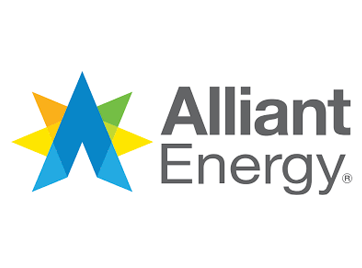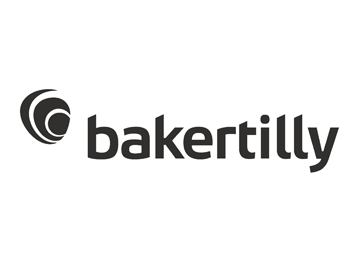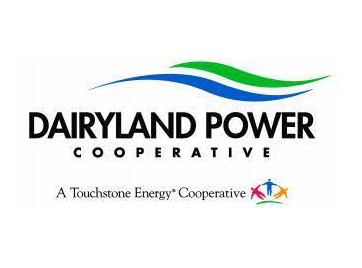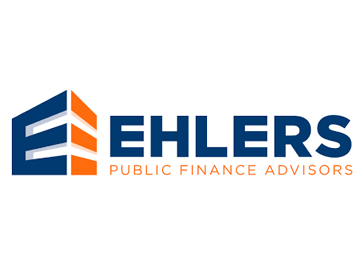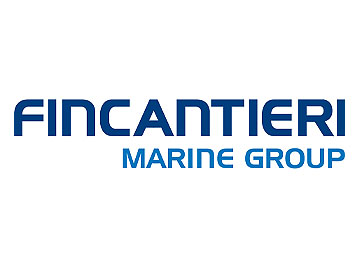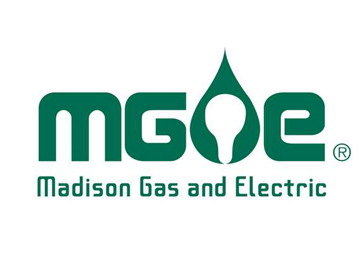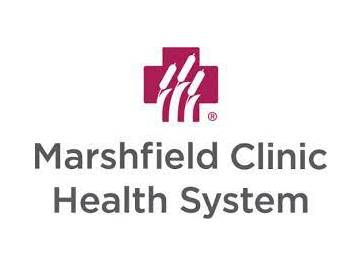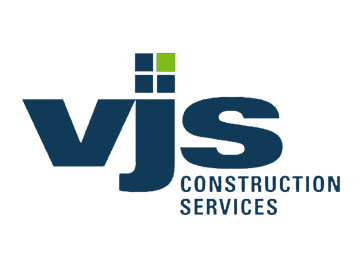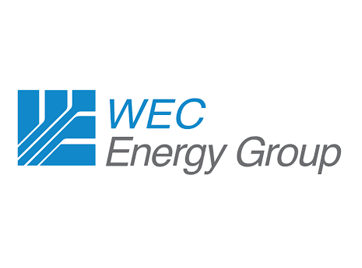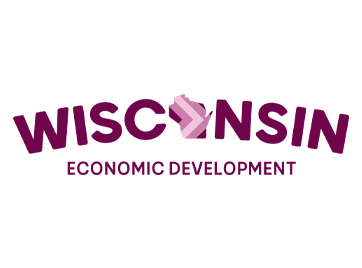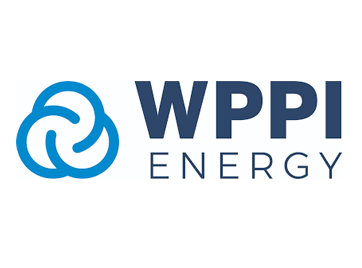WEDA Legislative Update: 2019 Recap
WEDA is the primary voice promoting the interests of economic development professionals in Wisconsin. That responsibility includes working with legislators and other state policymakers to advocate for policies that help build a strong business climate and drive economic prosperity.

In 2019, WEDA remained committed to a comprehensive legislative affairs program to shape policies and programs important to our members. Despite a challenging new political landscape that included a new governor, changes in state agency leadership and split government, we were able to make progress on our legislative agenda aimed at creating an ideal environment for economic growth and sustainability.
To date, of the 1,500-plus bills that have been introduced in the current legislative session, less than 5% have been signed into law. Despite those odds, WEDA recently saw one of its top legislative priorities enacted into law.
Senate Bill 319, which restores the state’s Transportation Economic Assistance Grant program’s long history of awarding project funds for both job creation and job retention, was unanimously approved by the Legislature and signed by Governor Tony Evers in November as 2019 WI Act 63.
The program has provided more than $110 million in grant funding since its inception for transportation improvements critical to economic development. Unfortunately, it was weakened after the Department of Transportation determined it did not possess the statutory authority to provide grant funding for jobs retained – and going forward could only support projects that create new jobs.
Passage of SB 319 ensures the TEA Grant program continues to provide grants for projects that retain jobs in Wisconsin, sustaining the success of a program that has helped fund road, rail, harbor and airport improvements that have resulted in the creation of over 27,000 new jobs and the retention of more than 19,000 jobs.
We’re also hopeful it will serve as a catalyst to encourage policymakers to equally value job retention and job creation in all economic development programs.
WEDA was also pleased with the outcome of the 2019-21 state budget bill. In addition to increased funding for key workforce development programs and rural broadband expansion, several provisions were removed from the bill that would have negatively impacted economic development, including:
- Limiting Tax Incremental Financing (TIF) developer grants to 20% t of a TIF district’s total project costs;
- Reducing the manufacturing portion of the Manufacturing and Agriculture Tax Credit; and
- Capping the Enterprise Zone Tax Credit program to a total of 35 zones statewide.
All this is certainly great news, but the legislative session remains in full swing and WEDA is still working on several legislative initiatives to provide communities and employers additional tools to attract private investment and encourage workforce housing development, including:
AB 532 / SB 440 – Wisconsin Opportunity Zone Enhancement Act
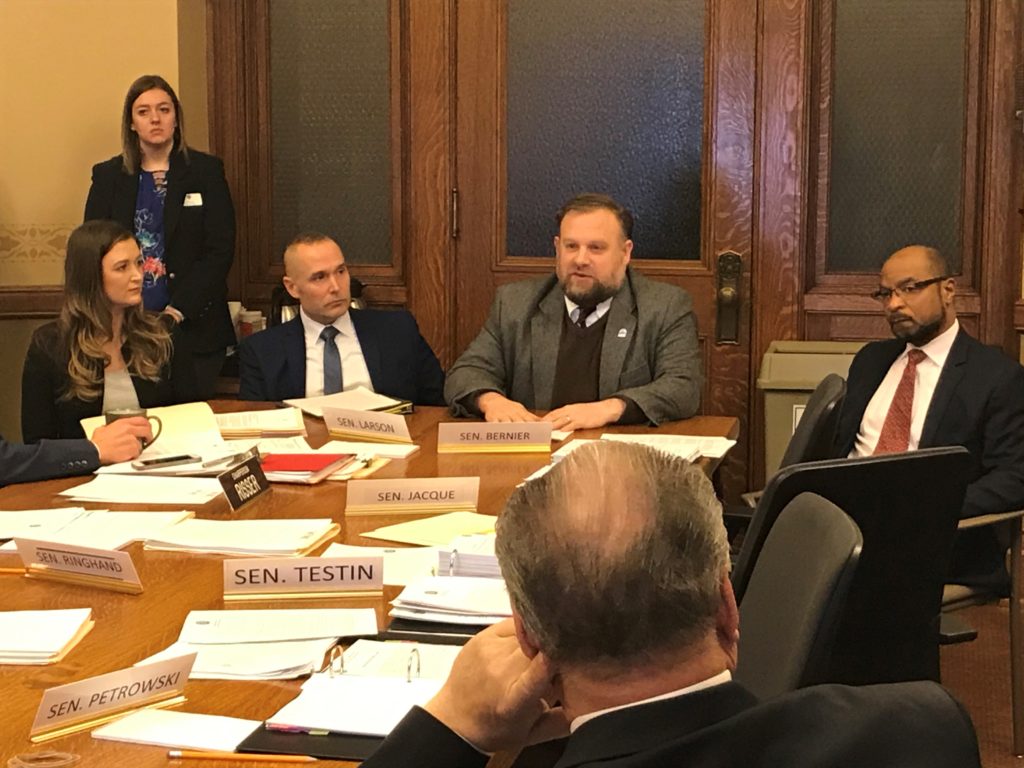
This legislation would enhance Wisconsin tax benefits under the federal Opportunity Zones program to help attract additional private investment to the state’ most economically challenged communities. The legislation recently received a public hearing before a key Senate legislative committee and will be heard by the Assembly Ways and Means Committee next week.
AB 544 / SB 484 – Workforce Housing Pilot Program
This bill (as amended) would create a two-year, $10 million workforce housing pilot program administered by WHEDA to encourage the development of workforce housing in rural communities. Under the program, WHEDA will award grants, loans, loan guarantees, or other forms of financial assistance to designated communities in rural counties.
The bill has been passed by the Assembly and is under further consideration in the Senate.
Local Workforce Housing Incentive Bill
This recently introduced legislation includes numerous provisions to spur workforce housing development at the local level. The bill would increase the of amount of residential development permitted in a “mixed-use” TIF district, as well as expand from one year to three years the length of time a community may extend the life of a TIF district for the purpose of boosting workforce housing.
Workforce Housing Sales Tax Exemption Legislation
This legislation, which was recently introduced, would create a sales tax exemption for building materials, supplies and equipment purchased for the construction of workforce housing.
To sum it up, 2019 was a busy time in the State Capitol for WEDA, with a handful of key successes we hope to build on in 2020 before the Legislature adjourns for the year.


